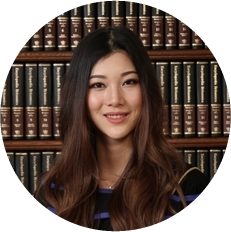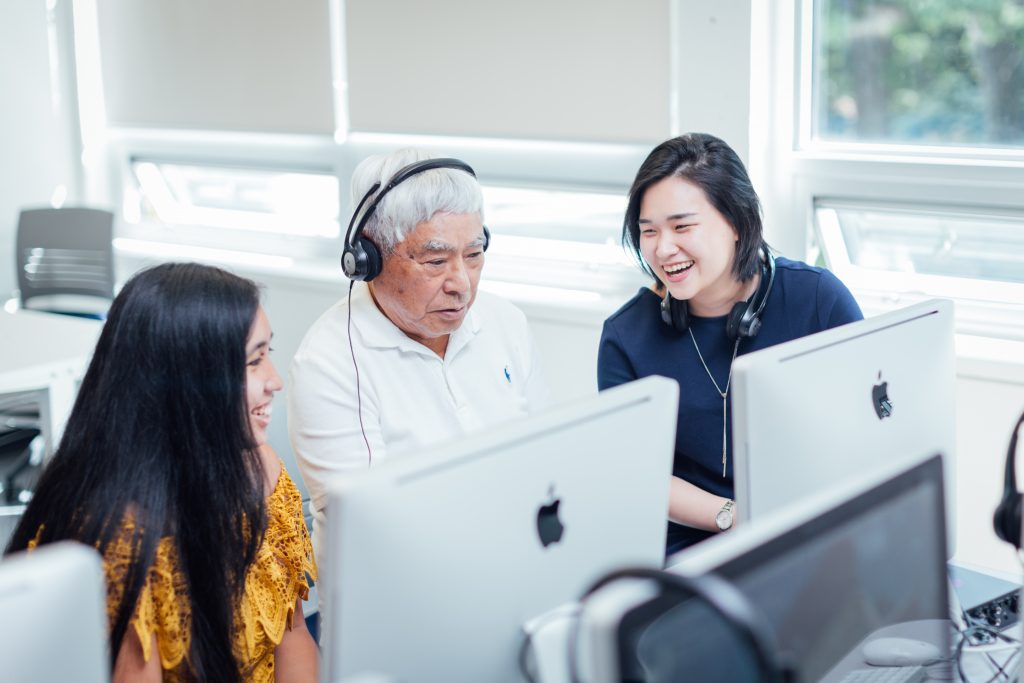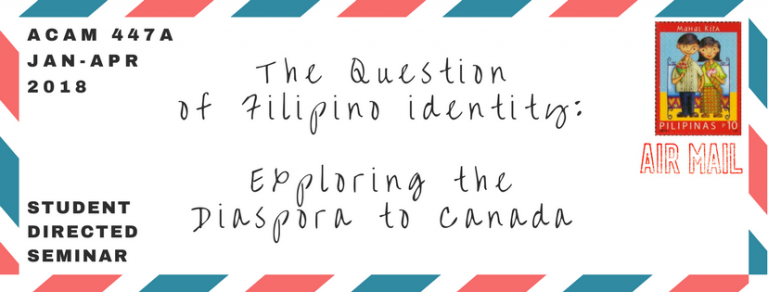Angela He is a second-generation Chinese-Canadian with familial roots that extend to China, Hong Kong, and Myanmar. Growing up in the richly diverse neighbourhood of East Vancouver, Angela has always had an interest in how im/migrants contribute to the development and character of neighbourhoods and cities. She graduated from UBC with a major in International Relations, and a minor in Asian Canadian Migration studies. Through ACAM, Angela was able to get involved with the community and meet an incredible network of people. Following her undergrad degree, she did revitalization work in Vancouver’s Chinatown, and explored issues involving gentrification and real estate development. She also worked with im/migrant sex workers, assisting them with accessing healthcare, legal information, and other community services. Angela is now working towards her Juris Doctor at Western Law with plans to practice immigration law, and dearly misses Vancouver’s incredible Asian food scene.
Tell us a little bit about yourself. What led you to learn about the ACAM program, and why did you decide to minor in it?
I first decided to take Professor Henry Yu’s Asian Migrations to the Americas class in the 3rd year of my undergrad. I was lucky that it happened to be on the course list for my major, International Relations – the syllabus seemed relevant to myself and different from anything else that I had seen at UBC, so I decided to take it. After a positive experience in that class, I decided to enroll in the Go Global course to Hong Kong, and other subsequent courses relevant to Asia-Pacific relations. Given the nature of my major, I later discovered that several of my courses slotted into the ACAM major requirements, and that I qualified for the minor program!
Did minoring in the ACAM program help you in your professional and personal endeavours after graduation?
The ACAM community is an intimate and welcoming community that has been incredibly supportive of both my professional and personal endeavours. Since the beginning of my undergrad, I had wanted to become more involved with the community, but did not know how or where to begin – ACAM connected me with the proper resources to do so, and linked me to people and organizations who were more than eager to involve me. By helping me hone in and understand not only my personal interests, but also aspects of my identity as a Chinese-Canadian, I became more aware of how I wanted to develop professionally. The ACAM network was more than happy to connect me to relevant professionals, and also helped me in finding job opportunities after graduation.
Did you find a career after your undergrad degree that was connected to ACAM themes or program values? If so, what was it and how did you know about this opportunity? If not, did the program help in indirect ways?
After ACAM, I discovered that I was interested in immigration policy, immigrant communities and immigration law. The way that groups of moving people impacted the development of cities and neighbourhoods interested me, and I wanted to be a part of facilitating the growth of cities through immigration. After my undergrad, I worked with immigrant and migrant sex workers; following this, I did revitalization work in Vancouver’s Chinatown. Since then, I have gone back to school and am currently pursuing my law degree, aspiring to practice immigration law.
Looking back, what are the most memorable ACAM moments you experienced? What were some of your favourite classes, and/or who were your favourite professors?
My favourite class was definitely Asian Migrations to the Americas class with Professor Henry Yu. We discussed topics such as Asian masculinity, Western beauty standards, stereotyping, fetishization of Asian women, and the model minority myth – it was so different from my other classes, in that we were discussing things that actually affected me in my daily life. We were also asked to create short videos instead of writing papers, which allowed me to learn a new skill.
I can recall an “a-ha!” moment for me in that class – when discussing portrayals of Asian masculinity in Hollywood, Prof Yu recalled a scene from the movie, Romeo Must Die, where it appears that Aaliyah is just about to kiss Jet Li after he saves her life. At the very last moment, she turns her head, and would have been a kiss in any other movie becomes a friendly hug. As Prof Yu described the scene, I literally replayed the exact scene in my mind. I could recall the exact moment I watched the movie when I was 6 years old, and the same confusion I felt when I was a young child – why didn’t they kiss? Since people decide to do the ACAM major fully aware of who they are as an Asian-Canadian, or what exactly it means for them to be an Asian-Canadian. I was not amongst those people, and had never really thought about my identity before this class – but at that moment, I realized that even at 6 years old, I was able to subconsciously recognize that there was a difference in how Hollywood treated Jet Li. But before ACAM, I felt no reason to dig any deeper. For me, the class really taught me to more critically examine what exactly it meant to grow up as an Asian-Canadian, and understand my personal experiences as a result of my identity.
Would you like to share additional insights for current students in the program about life after graduation?
Having a support network is invaluable, and you have a lot to gain from being supported by others, and being there to support others. Thanks ACAM for everything!
 Faculty of Art
Faculty of Art


